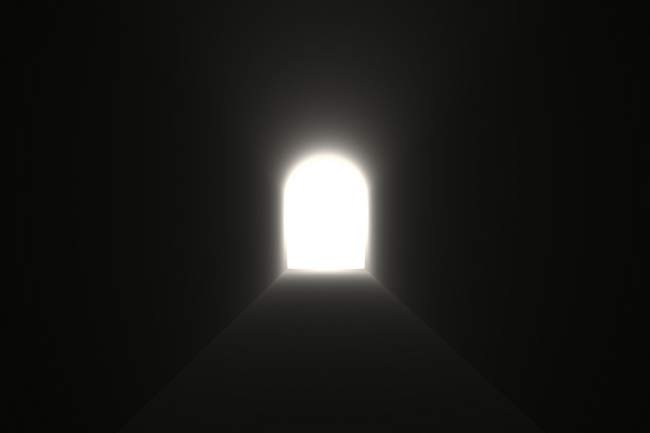Could Michael Jackson Have Been Revived?

Get the world’s most fascinating discoveries delivered straight to your inbox.
You are now subscribed
Your newsletter sign-up was successful
Want to add more newsletters?

Delivered Daily
Daily Newsletter
Sign up for the latest discoveries, groundbreaking research and fascinating breakthroughs that impact you and the wider world direct to your inbox.

Once a week
Life's Little Mysteries
Feed your curiosity with an exclusive mystery every week, solved with science and delivered direct to your inbox before it's seen anywhere else.

Once a week
How It Works
Sign up to our free science & technology newsletter for your weekly fix of fascinating articles, quick quizzes, amazing images, and more

Delivered daily
Space.com Newsletter
Breaking space news, the latest updates on rocket launches, skywatching events and more!

Once a month
Watch This Space
Sign up to our monthly entertainment newsletter to keep up with all our coverage of the latest sci-fi and space movies, tv shows, games and books.

Once a week
Night Sky This Week
Discover this week's must-see night sky events, moon phases, and stunning astrophotos. Sign up for our skywatching newsletter and explore the universe with us!
Join the club
Get full access to premium articles, exclusive features and a growing list of member rewards.
Add this compelling question to the many conspiracy theories surrounding Michael Jackson's death: If the right doctor has gotten to him, might he have been revived?
It would have trumped Elvis and Hoffa, for sure, if the King of Pop could have risen from the dead. But (as best we know) it wasn't to be.
However, AP asks the question today in a report on a doctor who is known for "raising the dead." Okay, catchy headline, but what the story really says is this: With certain techniques and under certain circumstances (mainly, very quick reactions by medical staff) a patient whose heart has stopped beating might be revived. And that is nothing new.
In recent years, medical experts have come to realize that death is less about a moment than it is about a process. Last fall, in discussing why people have near-death experiences that share many similar traits, researcher Sam Parnia of the University of Southampton in the U.K. explained the process of death:
"During a cardiac arrest, all three criteria of death are present," Parnia explained: The heart stops beating, the lungs stop working and the brain ceases functioning. In many minds, that defines clinical death. But ...
"There then follows a period of time, which may last from a few seconds to an hour or more, in which emergency medical efforts may succeed in restarting the heart and reversing the dying process," Parnia said. "What people experience during this period of cardiac arrest provides a unique window of understanding into what we are all likely to experience during the dying process."
The very definition of death is sketchy, in fact.
Get the world’s most fascinating discoveries delivered straight to your inbox.
A study last year found that top hospitals across the country follow different protocols for determining brain death, and often deviate from standards established by the American Academy of Neurology.
The "bring 'em back" doctor in today's AP story, UCLA cardiothoracic surgeon Dr. Gerald Buckberg, says "the window is wide open to new thinking" about how long patients have after their hearts stops beating. What there isn't, however, is a lot of time.
So the answer to the question headline on this column is clear: Yes, maybe. If Buckberg had been at Jackson's side, and depending on what was actually behind Jackson's death, who knows?
In The Water Cooler, Imaginova's Editorial Director Robert Roy Britt looks at what people are talking about in the world of science and beyond. Find more in the archives and on Twitter.
Robert is an independent health and science journalist and writer based in Phoenix, Arizona. He is a former editor-in-chief of Live Science with over 20 years of experience as a reporter and editor. He has worked on websites such as Space.com and Tom's Guide, and is a contributor on Medium, covering how we age and how to optimize the mind and body through time. He has a journalism degree from Humboldt State University in California.
 Live Science Plus
Live Science Plus






